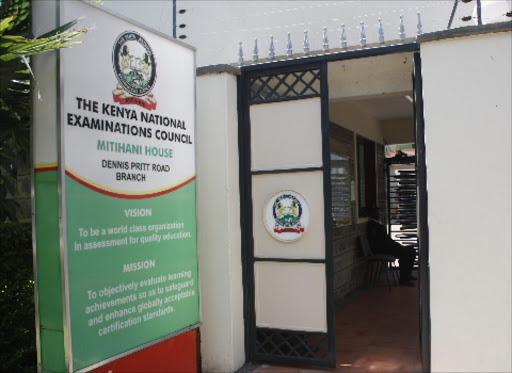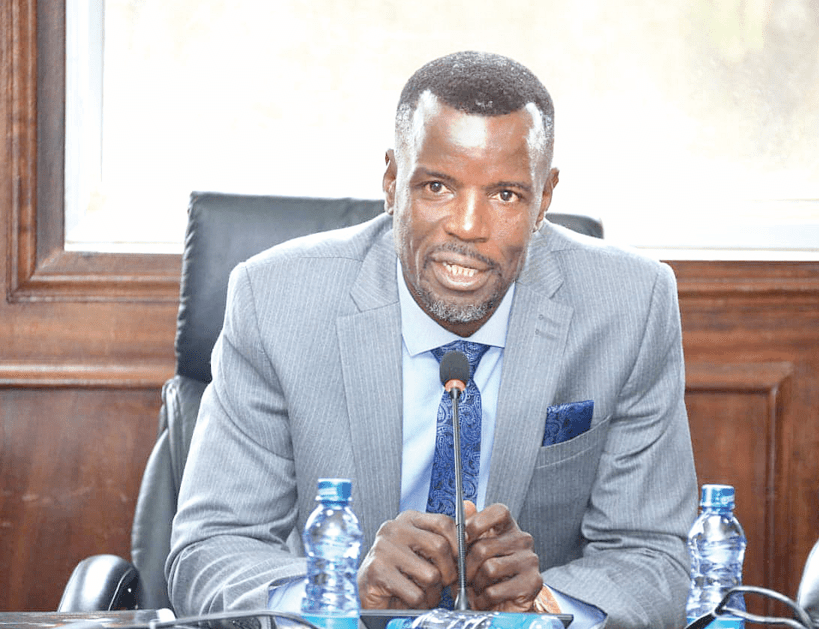Digital integrity: Can KNEC’s new platform cure Kenya’s rotten certification culture?

For decades, the academic backbone of Kenya’s public service has been riddled with rot. From forged diplomas to fake degrees, the cancer of credential fraud has spread from the lowest ministries to the highest offices.
While education remains a prized pillar in Kenyan society, its misuse has not only eroded public trust but cost taxpayers billions.
That is why the unveiling of the Kenya National Examination Council (KNEC)’s new digital platform for certificate verification announced on Friday, 4 July 2025 marks a potentially transformative moment.
Cost of credential fraud
The Ethics and Anti-Corruption Commission (EACC) paints a disturbing picture. Since 2022, at least 549 forgery cases have been investigated, with 1,208 fake certificates unearthed across just 91 public institutions.
The public wage bill continues to sustain individuals who secured jobs, promotions, and benefits fraudulently some even in strategic parastatals and universities.
In one of the most damning findings, 787 officers in tertiary institutions were discovered to have forged their way into leadership.
This is not merely a matter of integrity. It’s a national bleeding point.
Fake professionals mean misdiagnoses in hospitals, failed public infrastructure, compromised security, and poor learning outcomes.
Worse still, the youth 67% of whom are unemployed dare locked out by fraudsters who jump queues with phony qualifications.
Promise of Digital reset
The new KNEC platform, launched at Mitihani House, is designed to close these gaps. In partnership with the Public Service Commission, it digitizes verification and links directly with official exam records, cutting out intermediaries and reducing the window for fraud

“This platform is our firewall against forged credentials,” said Basic Education PS Dr. Julius Bitok.
The move is timely. With the 2023–2024 National Values Report showing over 24,000 uncertified public officers, the digitized system provides a foundation for cleaning up public payrolls, restoring accountability, and prioritizing competence over connections.
The Road Ahead
However, tech alone will not solve the problem. KNEC must ensure airtight cybersecurity, regular updates, and legal reinforcement.

Meanwhile, public institutions must commit to continuous audits and real-time verification before hiring or promoting any candidate.
For Kenya, digital verification isn’t just a tool. It’s a test of political will. Whether this platform becomes a game changer or just another forgotten reform will depend on how aggressively it’s enforced, and how willing the state is to prosecute those who have cheated the system for years.














